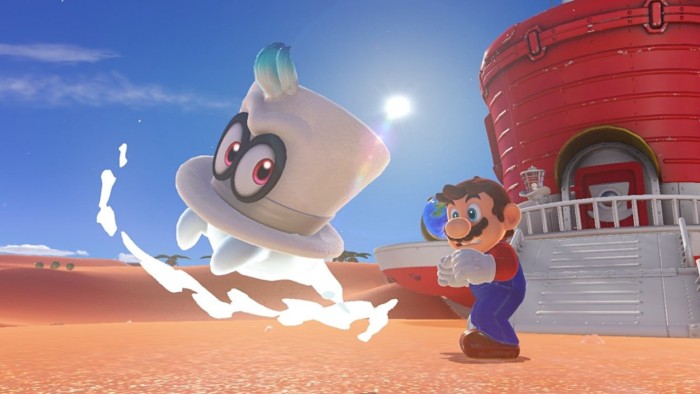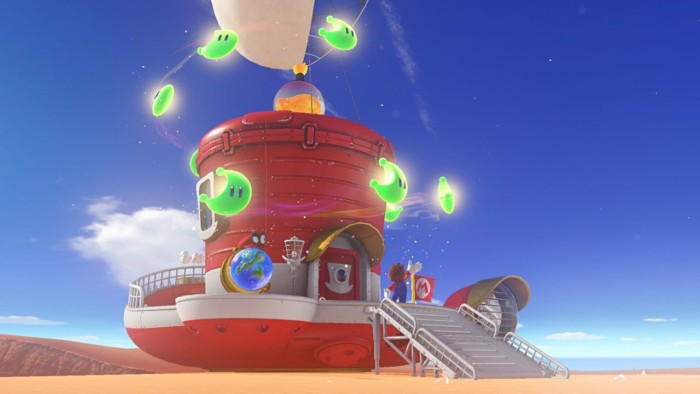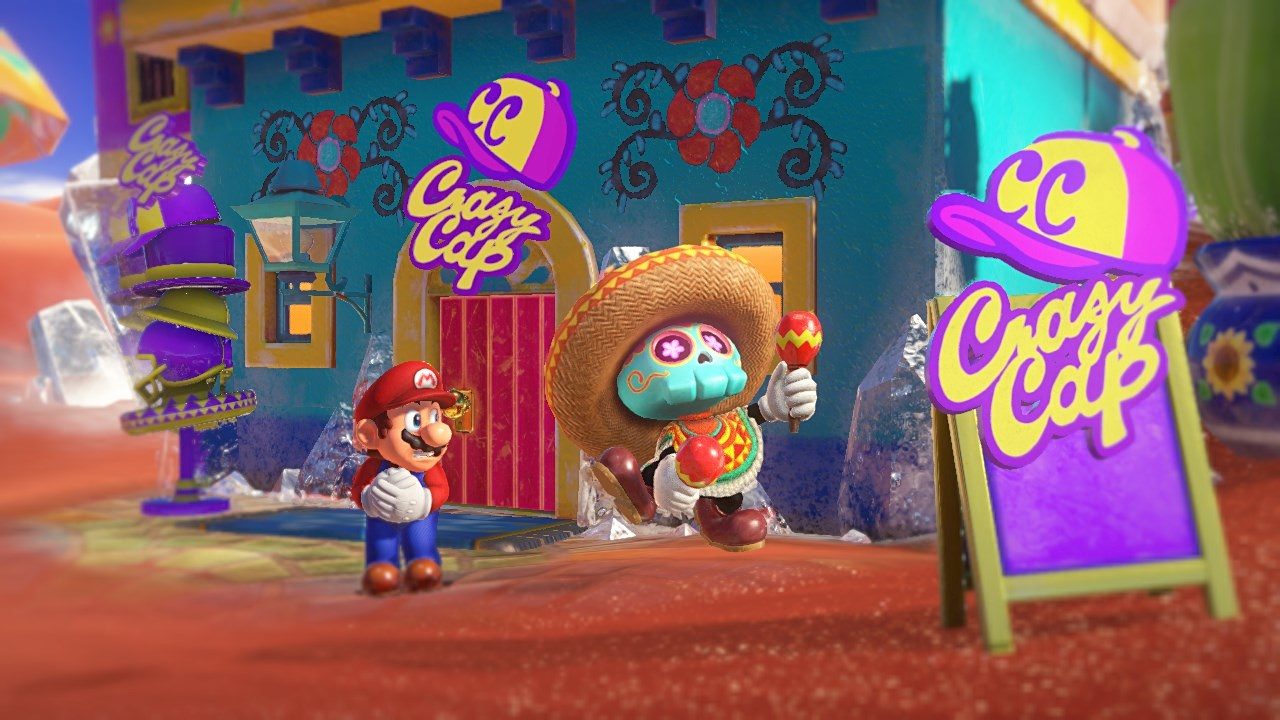The economics of the mushroom kingdom
Mario – gaming hero extraordinaire, star of some of the greatest video games ever to hit any console – and secret billionaire? Despite his pretences as a friendly neighbourhood plumber, it seems Mario may be flush with cash, and living in the Mushroom world may be a lot costlier than we ever knew.
To begin, how much is a coin worth in the Mario world? There are several interesting trains of thought here. The first is that, because the coins infinitely respawn, they have no monetary value. We’ll leave this idea for two reasons – firstly, infinite money would render price differences null and void, but we know that such differences do exist (because of the Crazy Cap brand and other businesses). Secondly, it renders all the following sums more fun.

Image: IGDB
Movoto calculated the value of the coins based on the value of the gold found in each one. In Super Mario Bros. 3, a gold coin is about the same size as small Mario – using actor Bob Hoskins as a guide (he played Mario in a much-maligned film); they found that the dimensions of the coin equated to about $508,000 worth of gold. The issue here, however, is the same as above – infinite gold has no intrinsic value, and so this value should also be taken with a pinch of salt.
Let’s take a third angle here. In Super Mario Bros., Mario is awarded an extra life if he collects 100 coins – the implicit conclusion here is that 100 coins must have the same value (in monetary terms) as a human life. How much is a human life worth? Well, that question is essentially the motivation behind the insurance industry, so let’s get their estimate – in 2012, the US Office of Management and Budget put the value of a human life in the range of $7-9 million.[1] If we take $8 million as an average, that gives one coin a value of $80,000 dollars.
When you dig a little into the Super Mario games, it seems there’s some big money at play – our hero is raking it in
If we know what coins are worth, we can calculate the financial worth of our Italian hero. In Super Mario Odyssey, Mario’s finances are capped (no pun intended) at 9,999 coins – if we assume he fills his pockets with the maximum, that puts his personal value at just below $800 million. There’s more, though – although a plumber by trade, Mario has also dabbled in hundreds of other jobs (from doctor to soldier) and has entered numerous tournaments in many different sports, assumedly winning lots of prize money along the way. Forbes estimates his net worth at $1 billion,[2] so Mario presumably places a lot of this money in saving accounts (not that we ever really see banks around the Mushroom Kingdom).
Odyssey also sees you able to use your coins to buy Power Moons, collectible items that power Mario’s ship. Crazy Cap flogs individual Power Moons for 100 coins each, so we have a value of $8 million per Moon. There is an Underground Power Plant in New Donk City that runs on Power Moons – assuming they buy their Moons from Crazy Cap (and if they do, they aren’t going to be getting anything in the way of bulk buy discounts), how much would the City’s power supply cost?

Image: IGDB
We’ll ignore the infrastructure and focus solely on the fuel. We can see the Power Moons being processed, at a rate of 90 Moons a minute. Assuming uniformity, the city requires 4.7 million Power Moons a year to satisfy demand (at a rate of 129,600 Moons per day), and that would cost the equivalent of $380 trillion – to put that in perspective, the US Department of Energy has requested $28 billion for its budget in 2018. Even if the New Donkers are as loaded as Mario, Mayor Pauline may need to get a bit tax-heavy to find the funds, and that’s before she starts splashing the cash on giant public celebrations.
When you dig a little into the Super Mario games, it seems there’s some big money at play – our hero is raking it in and, with presumed cost of basic utilities like energy through the roof, he certainly needs the money just to keep his lights on!

Comments